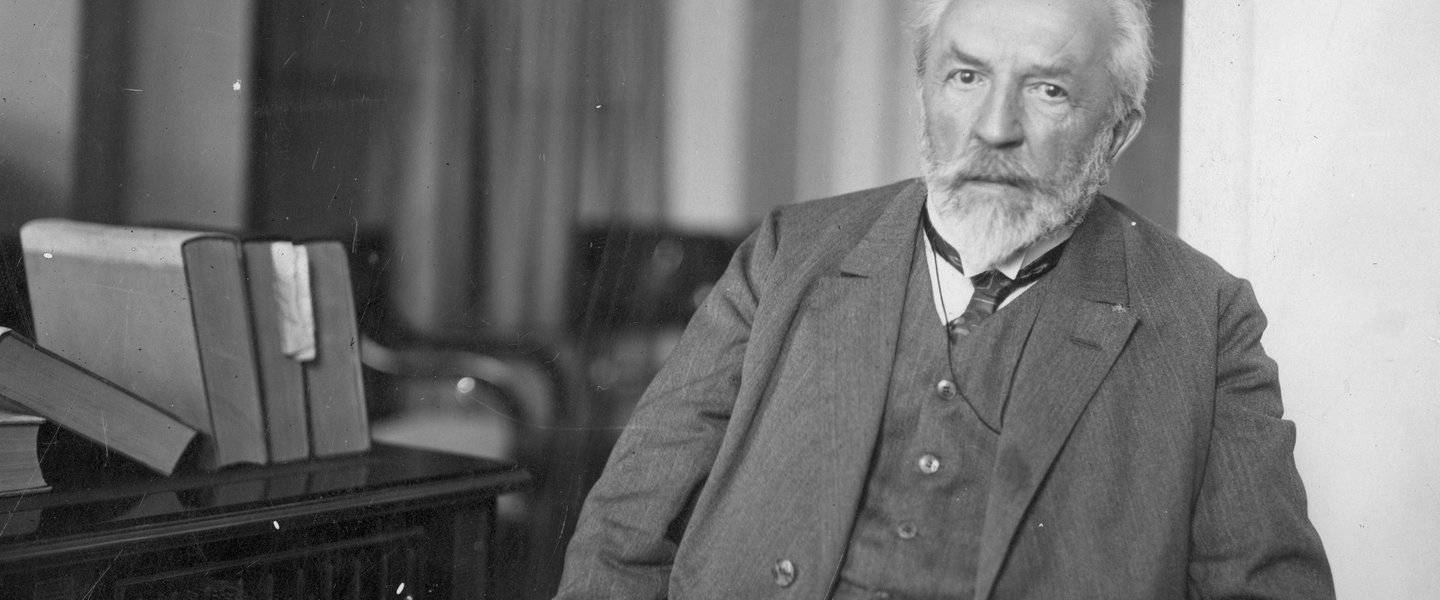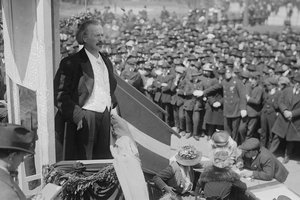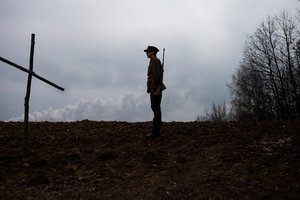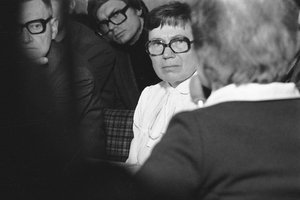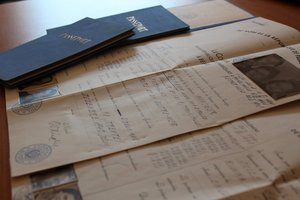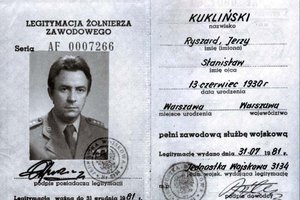Professor Michał Bobrzyński
Michał Bobrzyński was born on 30 September 1849 in Krakow as a son of a doctor. In 1872, he became a doctor of law, and in the following year he received tenure. He was primarily interested in the history of the law and Polish political system, but he also eagerly attended classes in psychiatry, and in the evenings, he devoted himself to astronomical observations. At the age of 34, he became a full member of the Academy of Arts and Sciences.
Before he was thirty, Bobrzyński published his most important work, The History of Poland. He opposed common opinions that prevailed among Polish historians, believing that Poles were guilty for the loss of their country: the lack of a strong government lead to anarchy and ultimately to defeat. He saw the adoption of ideas coming from the West as being the right path. At the same time, he did not believe in a single, universal system for all time. These views formed the basis of the Krakow historical school, which clashed with the Warsaw school.
The History of Poland opened the door to a great political career for Bobrzyński. In 1885, he was elected an MP for the National Sejm and he also joined the Council of State. He was soon appointed head of public education in Galicia. Six years later, after the murder of the Governor of Galicia Andrzej Potocki by the Ukrainian Miroslaw Sicinski on 12 April 1908, Bobrzyński became his successor.
He aroused great controversy among Poles as the leader of the “Stańczyk” party of conservatives, who advocated loyalty to the emperor. During his time in office, the thorniest issue, which contributed to his downfall, was electoral reform. He was out of step with the spirit of modern nationalism that permeated political life at the time. He advocated agreement with the Ukrainians, which made him an enemy of nationalists from both nations. His compromise of 1913 to create a block with peasant and liberal parties was torpedoed by bishops, which caused the governor to resign. In 1915, he became the minister for Galicia and hoped to join the Kingdom of Poland with the Austrian partition. He saw a strong Austria as the only protection against the power of Germany and Russia. In independent Poland, he stayed on the sidelines of political life being involved only as an expert.
Source: Museum of Polish History (MHP)
22.03.2018
